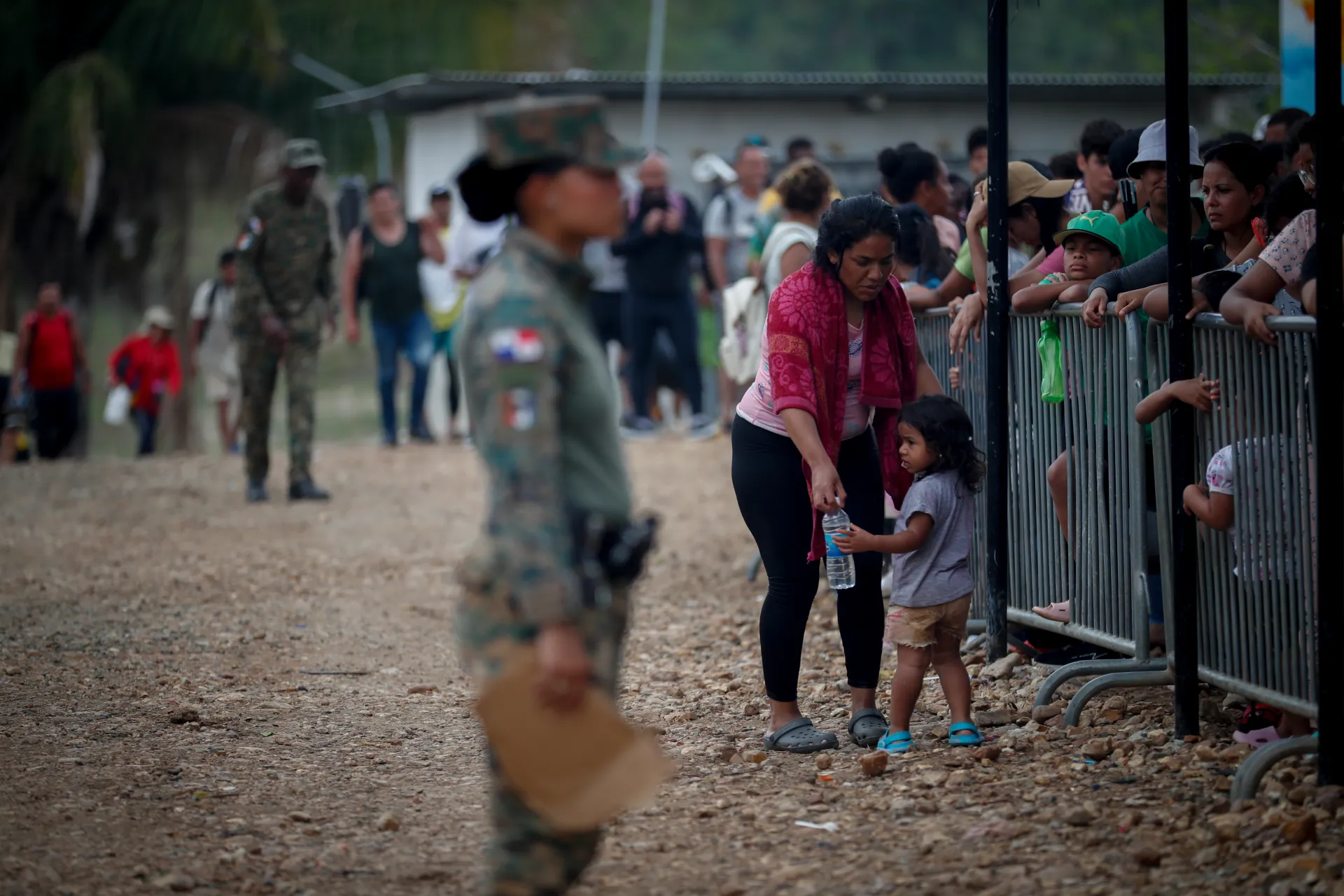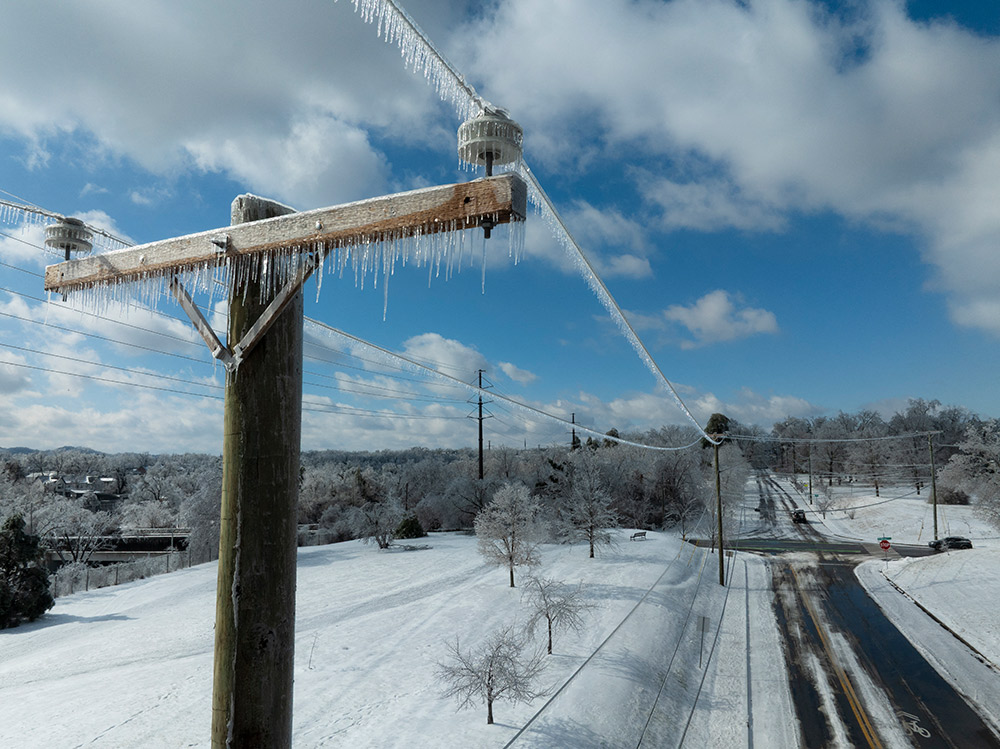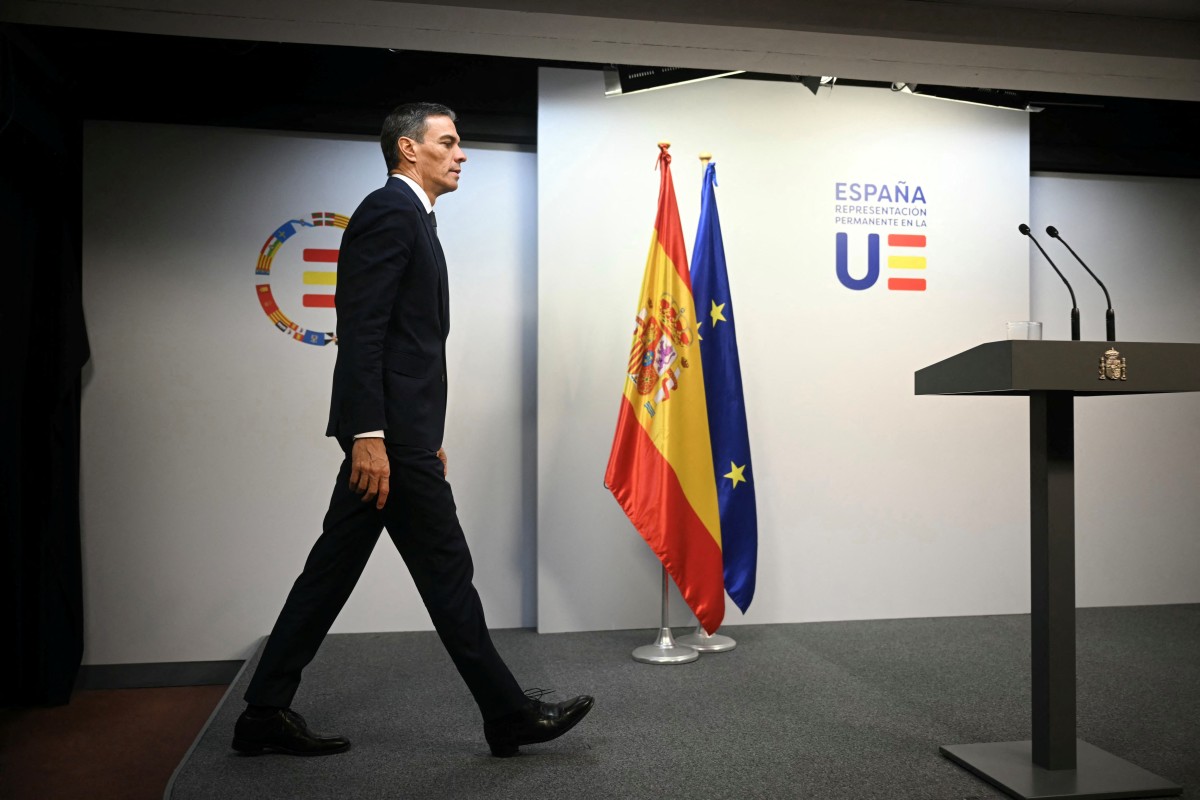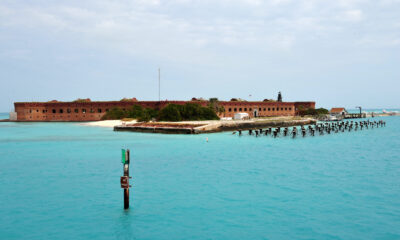International
Migrant women, victims of theft, rape and with their children in tow for the Darién

Migration has long ceased to be a thing for men. Women alone, with children or with their partners leave their homes behind having to go through a “hell” like the Darién jungle, where they are victims of rape or robberies while carrying their children: “come on, there is little left.”
At the checkpoint of Bajo Chiquito, the first indigenous town that migrants arrive at after crossing the Darién jungle, the natural border between Panama and Colombia, the Panamanian authorities take the data of the hundreds of newcomers who, exhausted, are waiting for patients in their turn. Behind the officials, apart, sits a girl. Suddenly, it seems that he has identified someone in the queue.
“Do you know this girl?” the officer tells a woman. “Are you 12 years old?” she replies. They ask the girl and she nods. The officer then asks him if he knows where his mother is. “Yes, it’s coming further back.”
Venezuelan Karely Salazar, 31, travels with her daughters, 7, 10 and 12 years old. They have gone to the village outpatient clinic. The older girl smiles, protective with one of her sisters. The mother holds the other in her arms. “Right now I have this smaller one with a fever, with a cold fever, a two-day-old girl stuck in the river,” the woman explains to EFE, exhausted. “The father of them is in Venezuela,” he clarifies, without giving details.
“Thank God we crossed the jungle, but it really wasn’t easy, very difficult for the children,” he says. Children have to be climbed by stones, if you slip they can fall into the void, into the river, “and they go hungry, and they get cold,” and they can get ahead or stay behind.
“Did your eldest daughter get lost?” “Yes,” the mother nods, and her face changes. She says that the second day of walking she felt very bad on one leg, she couldn’t move, and the little girl walked among the people and “lost her way.”
“I didn’t sleep last night, because the girl got ahead of me and reached a part of the river that had to stop and she woke up there and I still woke up inside the jungle. Last night I cried and cried because I didn’t know where I was,” says the mother.
Try to explain yourself, to make it understood: “I came alone and with three girls, imagine, pull here, pending this one, take care that you fall, but no, the jungle is really not recommended, really not.”
Hundreds of migrants, or thousands, pass through that jungle every day when the flow is highest.
According to data from the Panamanian authorities, after the historical record of more than 520,000 migrants who crossed the Darién in 2023, so far this year more than 130,000 have already done so, including about 104,000 adults, of which about 35% are women. And among the more than 28,600 minors, 47% are girls.
The Panamanian authorities generally maintain a harsh speech against migration, remembering that on the Colombian side the control is held by the criminal group of the Gulf Clan, which in 2023 received about 68 million dollars for the passage of the migrants, in addition to other gangs that steal and attack those who pass by.
The director of Migration of Panama, Samira Gozaine, goes further: “There are stories of people who say that mothers put the children to drown in the river because it weighs heavily on them, when (…) the hills become very dense and they can’t continue, they simply abandon them to their fate,” she told EFE a year ago.
For the internationalist lawyer and human rights activist Iván Chanis, this type of speech “dehumanizes” and moves away from reality, because, as he explains to EFE, “what mother wants to leave her daughter behind?”
Luisannys Mundaraín, 22 years old, carries her baby in her arms. It gives him breastfeed. He tells EFE that when he crossed one of the cliffs with the baby, he slipped, but he was able to hold on at the last moment. To which were added the snakes, spiders, rivers, and “the thieves who steal one, also rape women.”
Mundaraín then recounts how his group was intercepted in “a ridge” by a group of armed hooded people, who asked him for “100 dollars for each, and the one who did not give him the money had to deliver the phone, if it was not an iPhone no, or if it was a woman he had to stay there, you know what for.”
Doctors Without Borders (MSF) assured, before the Panamanian authorities vetoed them from continuing to provide medical care in the country, that they treated more than 1,300 people for sexual violence in the Darién between April 2021 and January 2024.
“What you live in is a total hell,” says the young woman, but the crisis in Venezuela gave her no other option, with 12-hour work in a supermarket for 20 dollars a week, when “a pack of diapers was that if at 5 dollars and the most expensive food.”
Thus, when in the election campaign some Panamanian politicians were heard saying that they wanted to close the 266 kilometers of border in Darién, the young woman sighed.
“Something impossible to close it, because that way there are thousands of dangers, migrants will always continue to go through what they suffer in those countries, we are poor. They will always keep happening, risking their lives, the children, everything,” he concludes.
International
Winter Storm Fern Leaves 30 Dead and Over One Million Without Power Across the U.S.

The massive winter storm Fern, bringing polar temperatures, battered large portions of the United States for a third consecutive day on Monday, leaving at least 30 people dead, more than one million households without electricity, and thousands of flights grounded.
In the Great Lakes region, residents awoke to extreme cold, with temperatures dropping below -20°C. Forecasts indicate that conditions are expected to worsen in the coming days as an Arctic air mass moves south, particularly across the northern Great Plains and other central regions, where wind chills could plunge to -45°C, temperatures capable of causing frostbite within minutes.
Across the country, heavy snowfall exceeding 30 centimeters in roughly 20 states triggered widespread power outages. According to PowerOutage.com, nearly 800,000 customers remained without electricity on Monday morning, most of them in the southern United States.
In Tennessee, where ice brought down power lines, approximately 250,000 customers were still without power. Outages also affected more than 150,000 customers in Mississippi and over 100,000 in Louisiana, as utility crews struggled to restore service amid dangerous conditions.
International
Spain approves plan to regularize up to 500,000 migrants in Historic Shift

In November 2024, Spanish Prime Minister Pedro Sánchez announced a reform of the country’s immigration regulations aimed at regularizing 300,000 migrants per year over a three-year period, in an effort to counter population aging in a country where births have fallen by 25.6% since 2014, according to official data.
Going against the trend in much of Europe, Spain’s left-wing government has now approved an exceptional migrant regularization plan that could benefit up to 500,000 people, most of them from Latin America.
The measure will allow the regularization of around “half a million people” who have been living in Spain for at least five months, arrived before December 31, 2025, and have no criminal record, Migration Minister Elma Saiz explained on public television.
The plan, approved on Tuesday by the Council of Ministers, establishes that applications will be processed between April and June 30, enabling beneficiaries to work in any sector and anywhere in the country, Saiz said.
“Today is a historic day for our country. We are strengthening a migration model based on human rights, integration, and one that is compatible with economic growth and social cohesion,” the minister later stated at a press conference.
The socialist government of Pedro Sánchez stands out within the European Union for its migration policy, contrasting with the tightening of immigration measures across much of the bloc amid pressure from far-right movements.
Central America
Honduras swears in conservative president Asfura after disputed election

Conservative politician Nasry Asfura assumed the presidency of Honduras on Tuesday with an agenda closely aligned with the United States, a shift that could strain the country’s relationship with China as he seeks to confront the economic and security challenges facing the poorest and most violent nation in Central America.
Asfura’s rise to power, backed by U.S. President Donald Trump, marks the end of four years of left-wing rule and secures Trump another regional ally amid the advance of conservative governments in Chile, Bolivia, Peru, and Argentina.
The 67-year-old former mayor and construction businessman was sworn in during an austere ceremony at the National Congress, following a tightly contested election marred by opposition allegations of fraud and Trump’s threat to cut U.S. aid if his preferred candidate did not prevail.
Grateful for Washington’s support, Asfura—who is of Palestinian descent—traveled to the United States to meet with Secretary of State Marco Rubio, before visiting Israeli Prime Minister Benjamin Netanyahu.
“We need to strengthen relations with our most important trading partner,” Asfura said after being declared the winner of the November 30 election by a narrow margin, following a tense vote count that lasted just over three weeks.
-

 Central America4 days ago
Central America4 days agoGuatemala’s president rules out negotiations with inmates after prison riots
-

 Central America1 day ago
Central America1 day agoGuatemala seizes over a ton of cocaine hidden in flour at Pacific port
-

 International4 days ago
International4 days agoTrump-Era Defense Plan Prioritizes Border Security and Scales Back Global Commitments
-

 Internacionales4 days ago
Internacionales4 days agoMajor winter storm threatens “catastrophic” ice and snow across much of the U.S.
-

 International4 days ago
International4 days agoBogotá and Quito Seek Dialogue After Tariffs and Power Cut Escalate Tensions
-

 International4 days ago
International4 days agoGuatemala considers sending high-risk gang members to military prisons
-

 International3 days ago
International3 days agoDelcy Rodríguez seeks political agreements after Maduro’s ouster
-

 International1 day ago
International1 day agoHistoric snowstorm paralyzes Toronto after 60 centimeters of snow
-

 International1 day ago
International1 day agoSpain’s irregular migrant population rises to 840,000, study finds
-

 International3 days ago
International3 days agoFederal immigration agents kill man in Minneapolis, sparking protests and outrage
-

 International4 days ago
International4 days agoRights group says over 5,000 killed in Iran protests, mostly civilians
-

 International1 day ago
International1 day agoRights group says nearly 6,000 killed in Iran protest crackdown
-

 Central America8 hours ago
Central America8 hours agoGuatemala Police Arrest Prison Guard Caught in the Act of Extortion
-

 International8 hours ago
International8 hours agoDoomsday clock moves to 85 seconds before midnight amid rising global risks
-

 International1 day ago
International1 day agoVenezuela frees at least 80 political prisoners, NGO says
-

 International8 hours ago
International8 hours agoWinter Storm Fern Leaves 30 Dead and Over One Million Without Power Across the U.S.
-

 Sin categoría8 hours ago
Sin categoría8 hours agoEight Killed in Series of Armed Attacks in Ecuador’s Manabí Province
-

 International1 day ago
International1 day agoEU launches new probe into X over AI-generated fake nude images
-

 Central America8 hours ago
Central America8 hours agoHonduras swears in conservative president Asfura after disputed election
-

 International8 hours ago
International8 hours agoSpain approves plan to regularize up to 500,000 migrants in Historic Shift
-

 Central America8 hours ago
Central America8 hours agoBukele leads public trust rankings as UCA survey highlights gains in security
-

 Sin categoría8 hours ago
Sin categoría8 hours agoEl Salvador Launches Fourth Year of Ocean Mission to Protect Marine Ecosystems
-

 International1 day ago
International1 day agoSevere winter storm grips U.S., leaves multiple dead as extreme cold persists
-

 International1 day ago
International1 day agoFrance debates ban on social media for children under 15




























